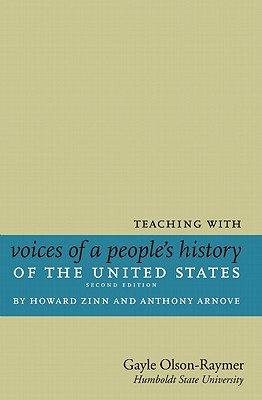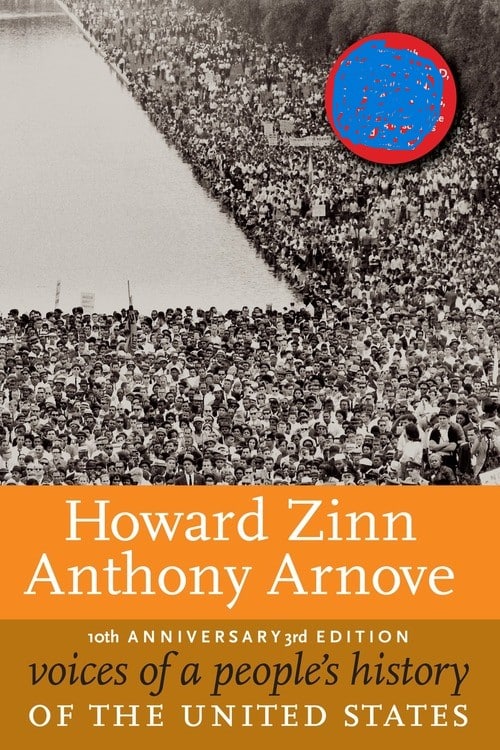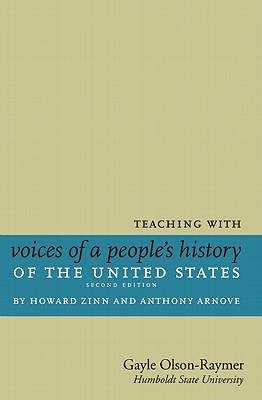
In most of our history courses, students learn about brave patriots who prepared for the Revolutionary War by uniting against a tyrannical king and oppressive English laws. In this well-known story, all Americans united in opposition to England and looked to their enlightened leaders to help them in their valiant struggle for freedom. While there certainly is some truth to this version of the Revolutionary War, a more balanced interpretation includes another perspective — that of the many ordinary colonists who had grown increasingly disillusioned and angry with their unresponsive colonial leaders and did not want to engage in a war for independence designed to benefit the colonial elite.
Some of those unimportant discontented colonists turned to rebellion against their colonial governors. In Chapter 4 of A People’s History, Howard Zinn includes their perspective, weaving it carefully into the more traditional story and asking questions that must be answered before we can obtain a more accurate understanding of the years prior to the Revolution. The voices in this chapter give credence to the beliefs and behaviors of those imbued with the revolutionary spirit — a spirit full of anger directed at both the colonial elite and the British Crown.
Reprinted from Teaching with Voices of a People’s History of the United States, published by Seven Stories Press.









Twitter
Google plus
LinkedIn